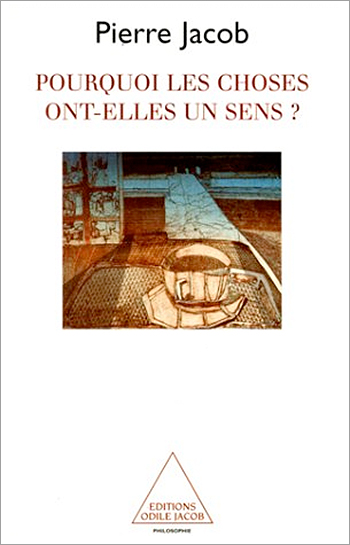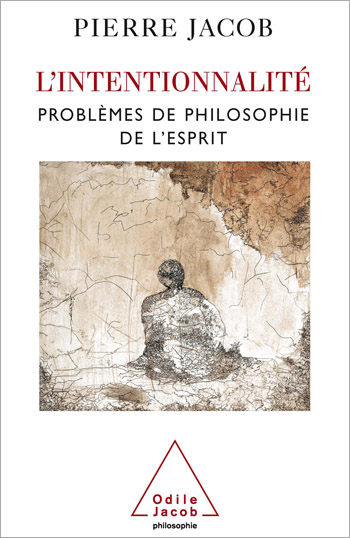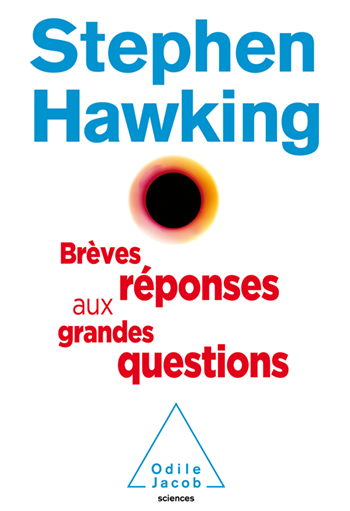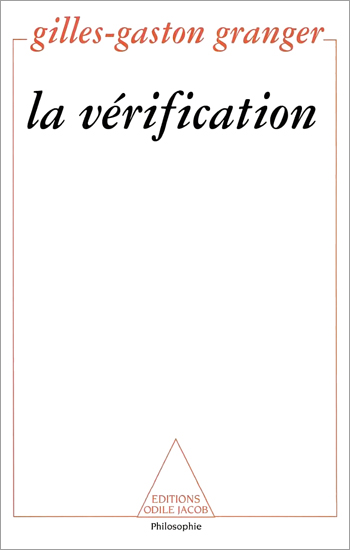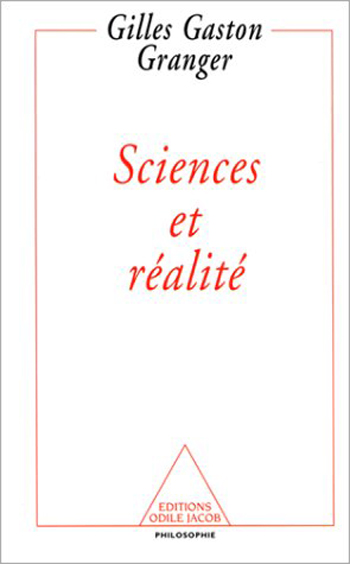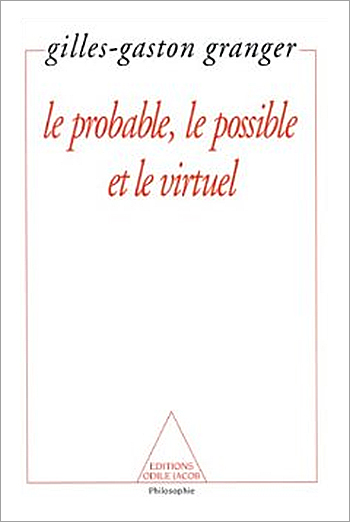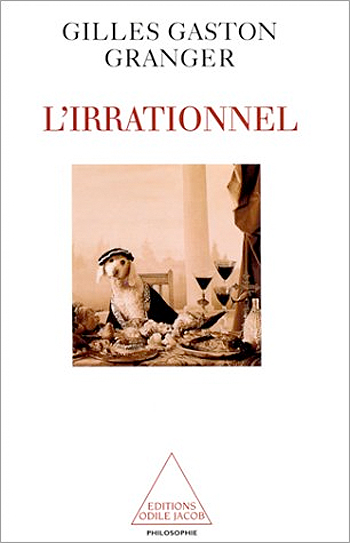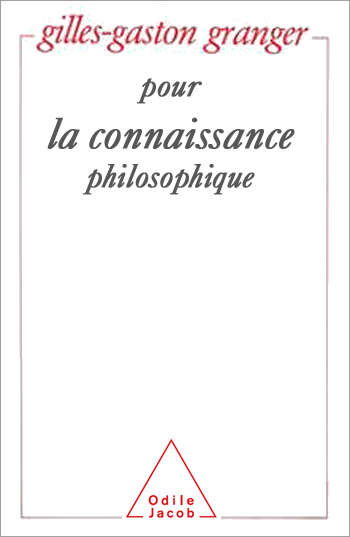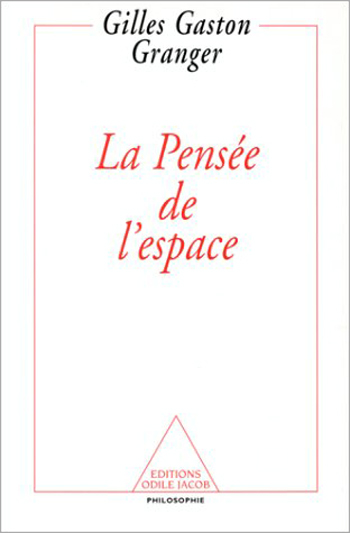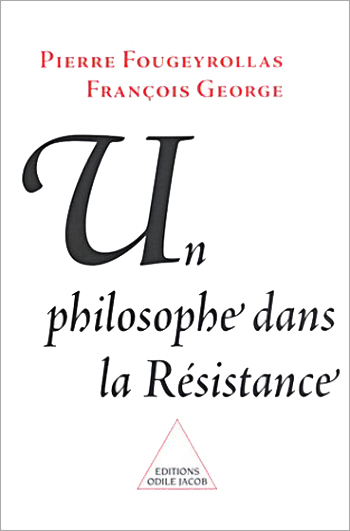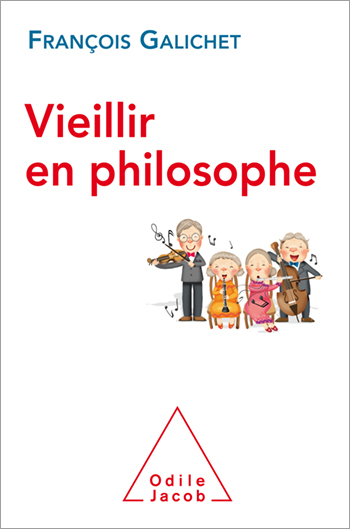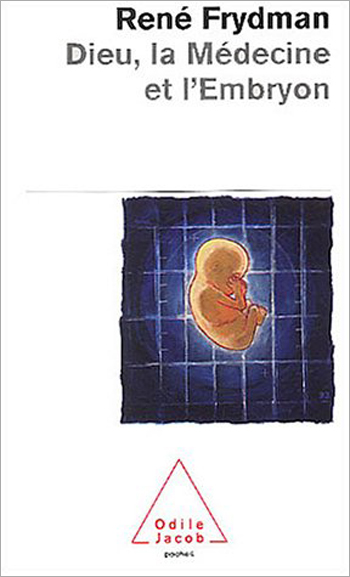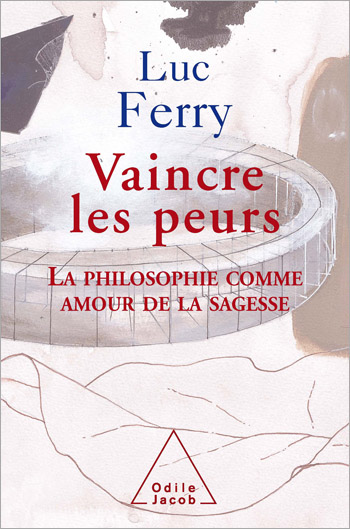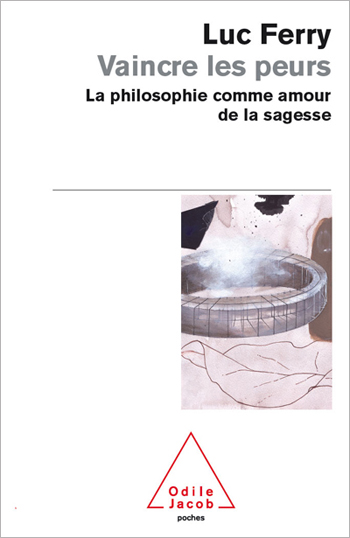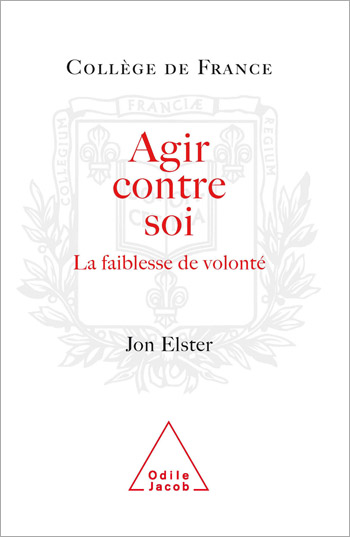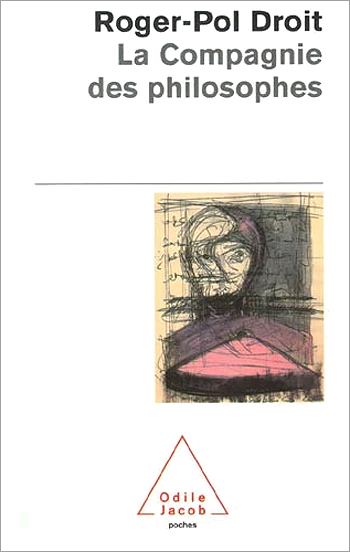Philosophy All books
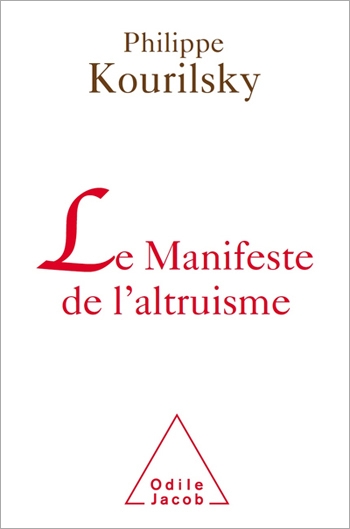
Philippe Kourilsky
The Manifesto Of Altruism
Only the duty of altruism, both personal and collective, will enable us to build a more just society

Jean-Baptiste Jeangène Vilmer, Céline Jurgensen
Nuclear Imaginaries
A cross-sectional approach: from the curious to the specialist, all audiences will find food for thought here. From fiction (cartoons, cinema…) to the military perspective, and including literary references, a great variety of subjects are broached.
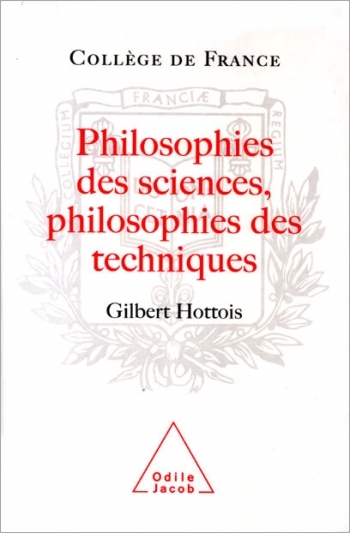
Gilbert Hottois
Philosophy of Science, Philosophy of Technology (Travaux du Collège de France)
Is the philosophy of science concerned with the technique and the philosophy of technology?
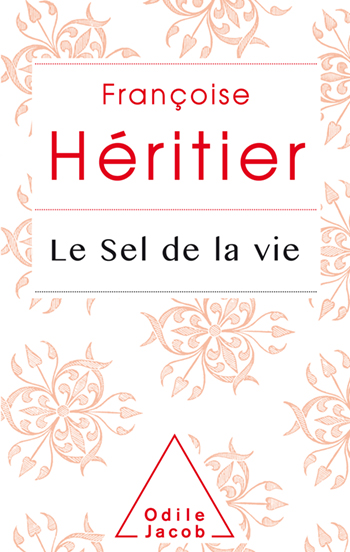
Françoise Héritier
The Salt of Life (Collector)
In this wonderful little book that literally sparkles with wisdom, Françoise Héritier incites us to play a game with our own memories
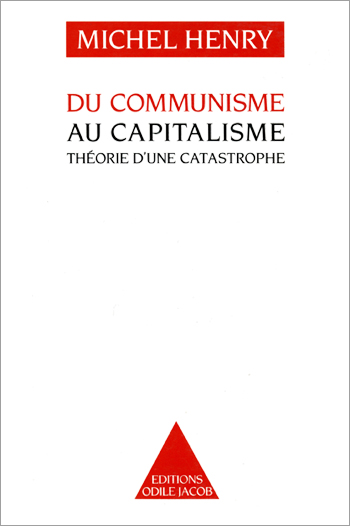
Michel Henry
From Communism to Capitalism : A Theory of Disaster
Communist totalitarianism is breaking apart because it rejected reality in favour of abstractions and falsely universal principles. Those who now rush West from Prague or Bucarest cannot imagine what awaits them: the levelling of values and individuality. M. Henry s work is a meditation against everything which undermines these disoriented refugees, whether it be spiritual starvation, creative thirst, or physical hunger.
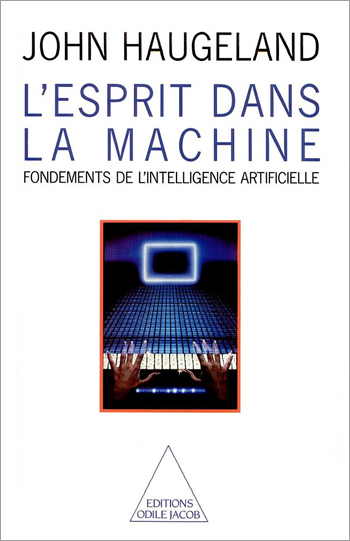
John Haugeland
Artificial Intelligence: The Very Idea
At once philosophical and instructive, this work offers a synthesis of a discipline that marks a revolution, both intellectual and technological, in the approach of the human spirit. John Haugeland teaches philosophy at the University of Pittsburg.
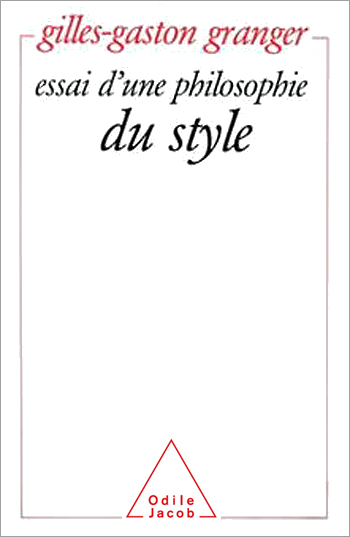
Gilles Gaston Granger
Essay on a Philosophy of Style
This work offers a definition of the generalized concept of style, considered not only in an aesthetic manner but also as it applies to all human works. The author applies this concept first to mathematical works, and then to the more familiar realm of language, before sketching the project of a human sciences stylistic, complementing a history of knowledge and epistemology of structures. Gilles-Gaston Granger is a specialist in epistemology and an honorary professor at the Collège de France.
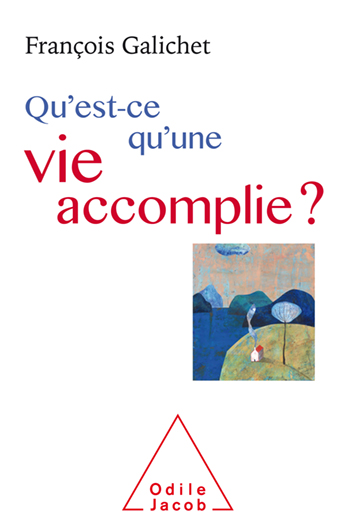
François Galichet
What Is a Completed Life?
François Galichet is a philosopher. A graduate of the École normale supérieure, with a Ph.D. in philosophy, he is emeritus professor at the Université de Strasbourg.

René Frydman
God, Medicine and the Embryo
With ethical questions raised about medically assisted pregnancies and medical experimentation, the eugenics debate has become a mute point. Yet bioethical legislation has remained ambiguous. René Frydman has made himself the ardent defender of progenics, a predictive and humanistic medicine. Here, Frydman reflects on the problem of the human embryo through the different points of view of science, religion, law, and morality, and answers ethical and religious questions that he has been asked by his patients. René Frydman is a gynecologist-obstetrician and a member of the FrenchEthics Committee.
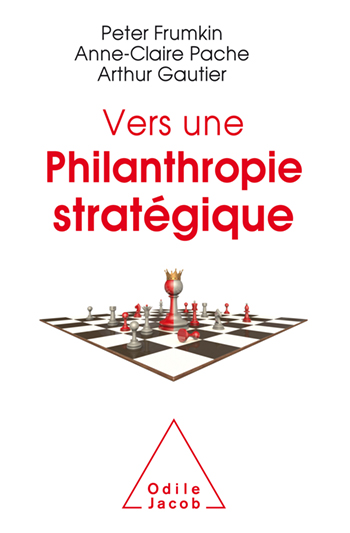
Peter Frumkin, Anne-Claire Pache, Arthur Gautier
Philanthropy as Strategy
Within a French context marked by the polemics created by the fire of Notre-Dame, this book, the first on the subject in France, has the potential to become the work of reference on the subject.
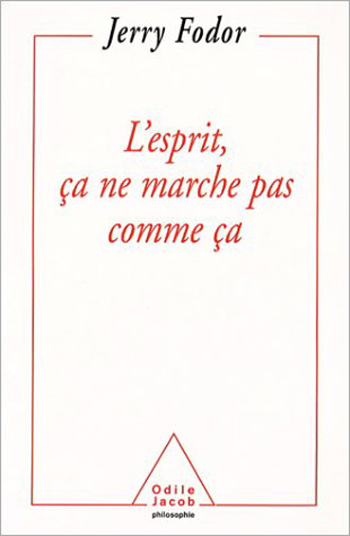
Jerry Fodor
The Mind Doesn't Work That Way The Scope and Limits of Computational Psychology
In this book, one of the most eminent figures in the field of cognition reviews his most recent views on the subject, and questions the validity of recent attempts to combine the computational theory of mind with psychological nativism and with biological principles borrowed from Darwinian evolutionary theory. Fodor goes on to examine the question that has remained unanswered for the past fifty years: is the mind a computer? This is a fascinating lesson of philosophical and scientific modesty. Jerry Fodor is a professor of philosophy at Rutgers University.
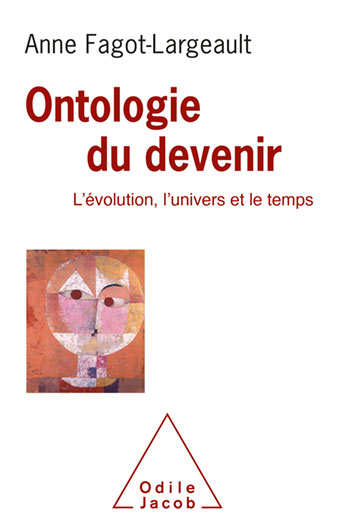
Anne Fagot-Largeault
On Becoming, Evolution, and Time
A book of philosophy in which both the general public and specialists will find material for enlightenment and enrichment.
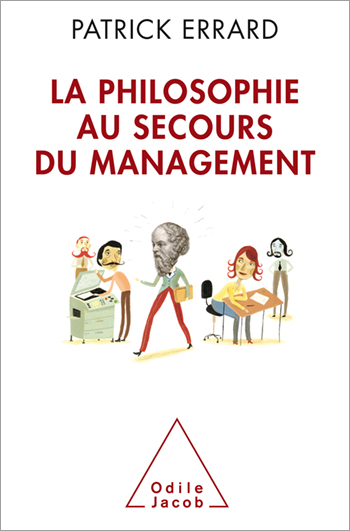
Patrick Errard
Management Rescued by Philosophy
Guidelines to successful management, based on the teachings of philosophy
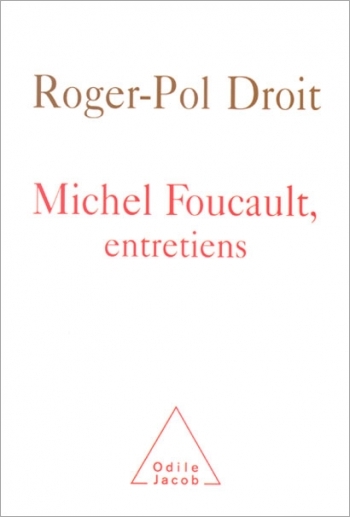
Roger-Pol Droit
Michel Foucault, interviews
On 25 June 1984, Michel Foucault died of AIDS-related complications at a hospital in Paris. Since then, his reputation and influence - already great during his lifetime - have not ceased to grow. Whether his subject was asylums, prisons or the history of sexuality, Foucault always tried to understand the organising forces behind prevalent social attitudes, by which a society defines itself, so as to disrupt the existing order. A philosopher as well as a historian, Foucault was an unclassifiable, unpredictable, subversive thinker, and the inventor of a new style of intellectual investigation. He rarely spoke of himself, or of his goals, or of his relations to his own writing, experiences and intellectual development. He did, however, talk about himself in a series of interviews that he gave me in June 1975, a few weeks after the publication of Discipline and Punish: The Birth of the Prison. Wishing to pay homage to his memory, I have gathered here three of those interviews, which were previously published in the press, along with some of my memories and thoughts about him, writes Roger-Pol Droit. Roger-Pol Droit is a research fellow in philosophy at the Centre National de la Recherche Scientifique (CNRS) and a columnist for the French daily newspaper Le Monde. He is the author of La Compagnie des philosophes, La Compagnie des contemporains, 101 Expériences de philosophie quotidienne and Dernières nouvelles des choses.
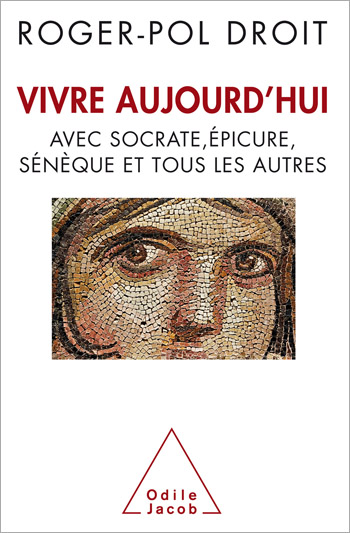
Roger-Pol Droit
Living Today With Socrates, Epicurus, Seneca and All the Others
What have we lost by forgetting the teachings of Antiquity? And what can we find out for our own time by rediscovering the Classics?
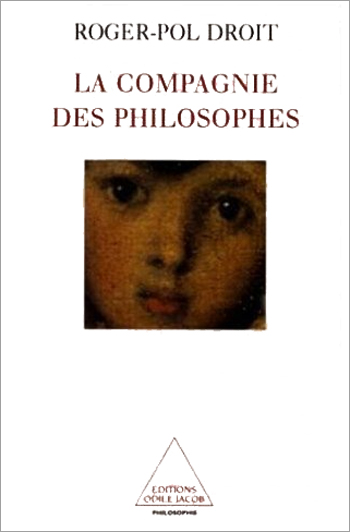
Roger-Pol Droit
The Company of Philosophers
Roger-Pol Droit takes the reader on a voyage through time, spanning the centuries from Antiquity to the present, in a series of intellectual portraits of great and usual or remarkable thinkers, beginning with Socrates and Plato and ending with Michel Foucault and Gilles Deleuze. A major part of this volume is devoted to modern philosophers, from Kant to Heidegger. The author's goal is to stimulate new thought and to bring to life for the reader the vital ideas of past thinkers.

